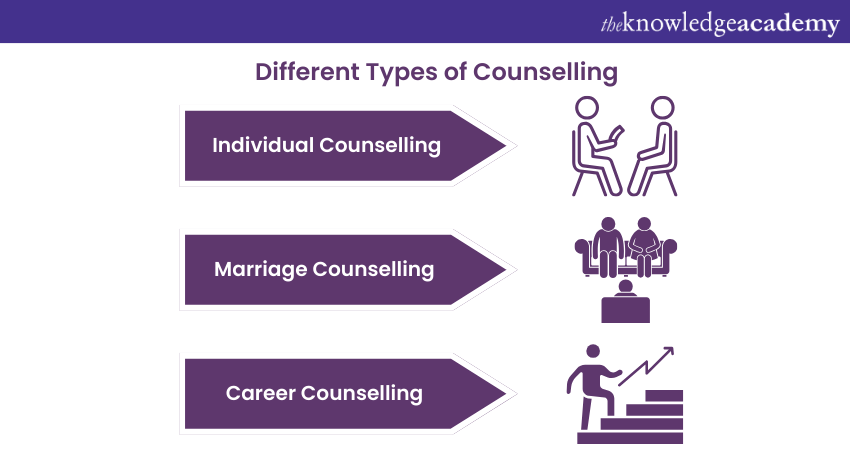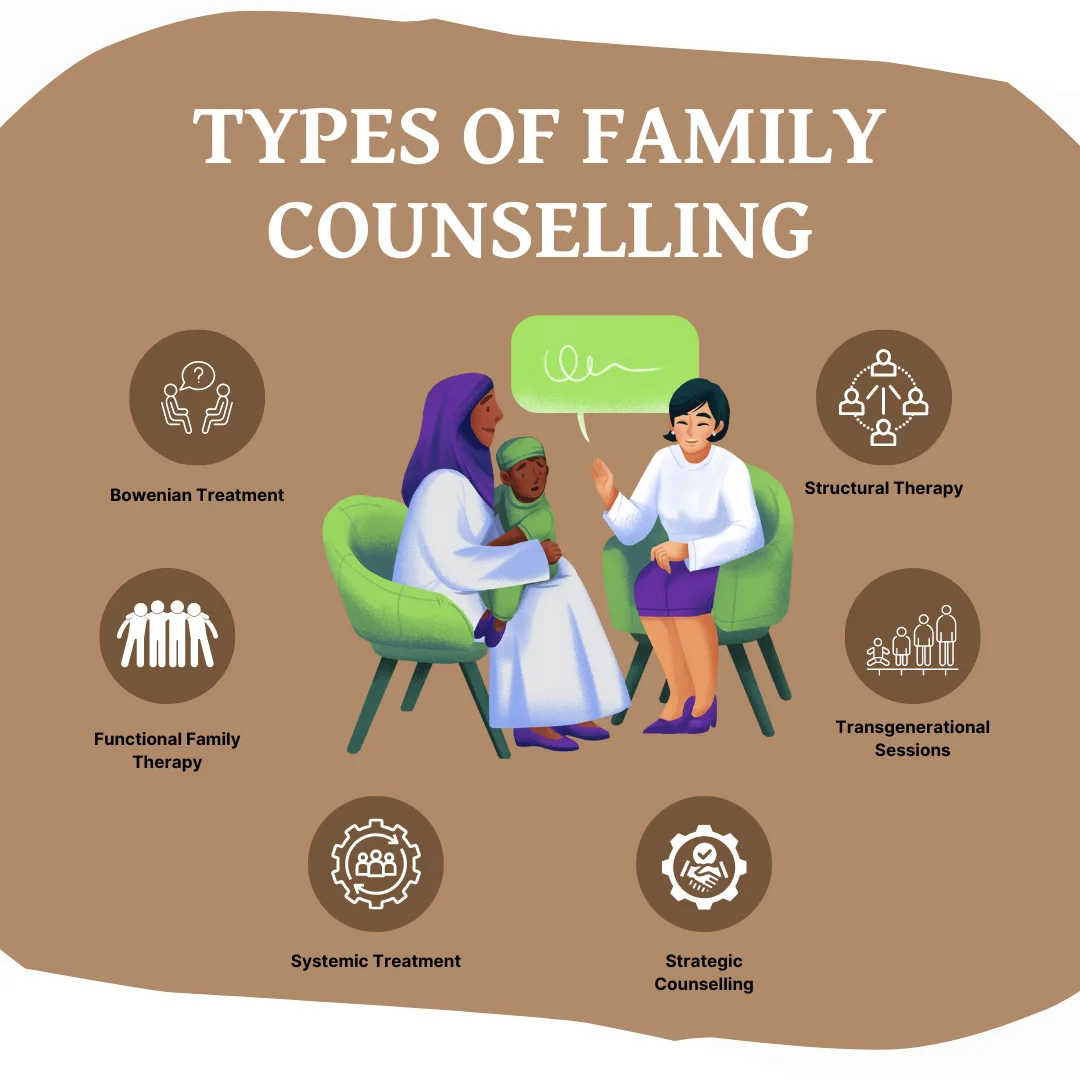Exploring the Benefits of Virtual Therapy in Modern Mental Healthcare
The rise of virtual therapy notes a significant change in psychological healthcare. It uses improved availability, permitting individuals from diverse histories to look for help without geographical restraints. Flexibility in organizing suits varying way of lives, while the convenience of home can foster visibility. However, the implications of these modifications extend past plain convenience. The advancing landscape of therapy elevates crucial concerns concerning its lasting impacts on client engagement and treatment outcomes.
Enhanced Availability for All
Although conventional therapy typically presents obstacles such as geographical place and organizing disputes, virtual therapy considerably improves accessibility for individuals seeking psychological health support. By eliminating the demand for physical travel, virtual therapy permits clients from remote locations or those with movement challenges to attach with qualified specialists. This setting of therapy can reach underserved populaces that may do not have local psychological wellness resources, therefore resolving differences in accessibility to care. Furthermore, virtual systems can deal with varied needs, providing solutions in numerous languages and accommodating different social backgrounds. Clients can engage with a more comprehensive series of experts, providing them with choices that straighten with their specific needs and preferences. This raised ease of access promotes an extra comprehensive setting, permitting people to look for aid without the stigma frequently associated with in-person visits. Generally, virtual therapy stands for a considerable development in making psychological healthcare more obtainable to all.
Versatility in Organizing Sessions

As virtual therapy continues to obtain grip, its fundamental adaptability in organizing sessions proves to be a considerable advantage for several people. Unlike conventional in-person therapy, virtual therapy permits clients to choose session times that finest fit their individual and specialist dedications. This adaptability fits those with requiring work timetables, family members responsibilities, or other commitments that can make going to physical visits challenging.
Clients can quickly reschedule or adjust their sessions as required, reducing the anxiety associated with stiff consultation systems. The availability of numerous time ports throughout the week, including nights and weekend breaks, additionally boosts accessibility. This adaptability not just urges uniformity present but also fosters a greater dedication to the restorative process. Inevitably, the versatility in organizing sessions stands for a transformative shift in mental healthcare, empowering people to prioritize their health without sacrificing various other elements of their lives.
Comfort of a Familiar Environment
The comfort of a familiar setting substantially boosts the efficiency of virtual therapy for several customers. Involving in therapy from the safety of their very own homes enables individuals to really feel even more at ease, decreasing stress and anxiety that might come with traditional in-person sessions. This knowledge can facilitate open communication, enabling clients to express their ideas and sensations extra openly.
The presence of personal items and the ability to manage their environments can add to a feeling of protection and leisure. Clients commonly report that remaining in a comfortable area enables them to concentrate a lot more on the therapeutic procedure instead of the establishing itself.
In addition, the informal nature of virtual sessions can assist liquify obstacles that may exist in a standard office atmosphere, cultivating a much deeper link with specialists. Generally, the comfort of acquainted environments plays a necessary function in enhancing the healing experience and effectiveness for numerous people looking for mental health and wellness support.
Broader Variety Of Restorative Alternatives
A wider variety of therapeutic alternatives appears via virtual therapy, allowing customers to access different methods that might not be possible in traditional setups. This flexibility enables people to check out varied methods such as cognitive-behavioral therapy, mindfulness techniques, art therapy, and even specialized treatments like trauma-informed care or dialectical actions therapy.
Clients can pick from a broader range of therapists, consisting of those that specialize in niche areas or details populaces, boosting the likelihood of locating an ideal suit. Virtual systems typically provide accessibility to team therapy sessions, support neighborhoods, and workshops that might be geographically not available otherwise.
This range encourages customers to engage in their healing process according to their special choices and needs, possibly raising inspiration and commitment to treatment. Because of this, the landscape of psychological healthcare ends up being more comprehensive and adaptable, satisfying a bigger variety of individual experiences and difficulties.
Lowered Stigma Bordering Therapy
Accessing therapy with virtual systems adds to a considerable reduction in the stigma typically related to psychological healthcare. By offering a discreet and private environment, virtual therapy allows individuals to look for help without the fear of being judged or recognized. This privacy interest those who may otherwise be reluctant to seek in-person therapy as a result of social perceptions bordering mental health.
Additionally, as the occurrence of virtual therapy boosts, it normalizes the conversation around mental wellness, making it a more appropriate component of everyday life. Individuals commonly feel extra comfortable reviewing their experiences on-line, promoting openness and minimizing sensations of seclusion. The accessibility of these services likewise urges a more comprehensive group to involve with psychological wellness sources, fostering a culture of support as opposed to shame. Ultimately, the rise of virtual therapy plays an important duty in reshaping attitudes towards looking for aid, adding to an extra accepting society regarding mental wellness difficulties.
Cost-Effectiveness and Price

Decreased Session Prices
Lots of people seeking psychological health and wellness support discover that virtual therapy significantly lowers session expenses contrasted to traditional in-person options. The removal of travel expenses and pause work usually adds to total financial savings. Furthermore, numerous virtual specialists offer affordable prices because of reduced overhanging costs related to keeping a physical office. This shift in expense permits clients to accessibility quality psychological wellness services without the financial stress that might feature traditional therapy. For numerous, this affordability enables extra constant sessions, which can improve therapy results. Because of this, virtual therapy not just democratizes accessibility to mental healthcare yet likewise provides a lasting monetary design that aligns with customers' budget plans, making psychological health and wellness assistance extra attainable for a larger audience.
Expanded Accessibility Choices
While typical therapy typically provides logistical barriers, virtual therapy considerably broadens gain access to choices for individuals seeking mental wellness treatment. By eliminating the need for traveling and permitting adaptable scheduling, virtual therapy accommodates diverse lifestyles and dedications. This accessibility is specifically helpful for those in remote areas or with wheelchair obstacles. Additionally, the cost-effectiveness of virtual therapy lowers economic stress, making mental wellness solutions extra reachable. Lots of systems offer tiered pricing or moving range fees, advertising price. Insurance provider increasingly recognize virtual therapy, more improving its financial ease of access. Generally, virtual therapy not just widens the extent of that can get treatment but additionally addresses economic obstacles, making psychological wellness support much more comprehensive and attainable for all.
Enhanced Connection of Care
Enhanced continuity of care becomes a considerable advantage of virtual therapy in contemporary psychological healthcare. This technique enables people to keep consistent interaction with their therapists, no matter of geographical obstacles or organizing disputes. couples counselling. The versatility of virtual sessions cultivates regular check-ins, which are crucial for keeping track of development and adjusting therapy intends as needed
In addition, electronic health records and telehealth systems promote smooth information sharing among treatment providers. This interconnectedness guarantees that all experts entailed in a patient's care are updated on therapy growths, bring about more worked with and efficient treatments.
People frequently experience reduced anxiousness and boosted engagement because of the ease of accessing therapy from here familiar environments. Such ease of access boosts adherence to therapy programs, eventually enhancing results - low cost therapy. To summarize, virtual therapy not only bridges spaces in mental wellness solutions but additionally strengthens the continuity of treatment, an important element of successful healing relationships
Regularly Asked Concerns
Exactly How Does Virtual Therapy Guarantee Privacy and Privacy for Customers?
The existing concern addresses the steps virtual therapy utilizes to shield customer confidentiality. Utilizing encrypted systems, safe logins, and conformity with regulations like HIPAA, virtual therapy assurances that delicate info continues to be private and hard to reach to unauthorized people.
Can I Change Therapists Easily in Virtual Therapy?
Changing specialists in virtual therapy is normally uncomplicated. Customers can interact their need for a modification with the platform, permitting adaptability in discovering a better match without the logistical challenges of in-person appointments.
What Modern technology Do I Need for Virtual Therapy Procedure?
To join virtual therapy sessions, a specific usually requires a trusted internet link, a computer or smartphone with a cam and microphone, and accessibility to a safe and secure video clip conferencing system defined by their specialist.

Are Virtual Therapy Procedure as Effective as In-Person Procedure?
Current studies suggest that virtual therapy sessions can be equally effective as in-person sessions, relying on the person's preferences and circumstances. Factors such as comfort and availability might boost the total restorative experience for some clients.
What Should I Do if I Experience Technical Issues During a Session?
If technological problems occur during a session, one need to comfortably communicate the issue to the specialist, attempt to reconnect, or switch to a back-up approach. Persistence and flexibility are necessary in managing these interruptions.